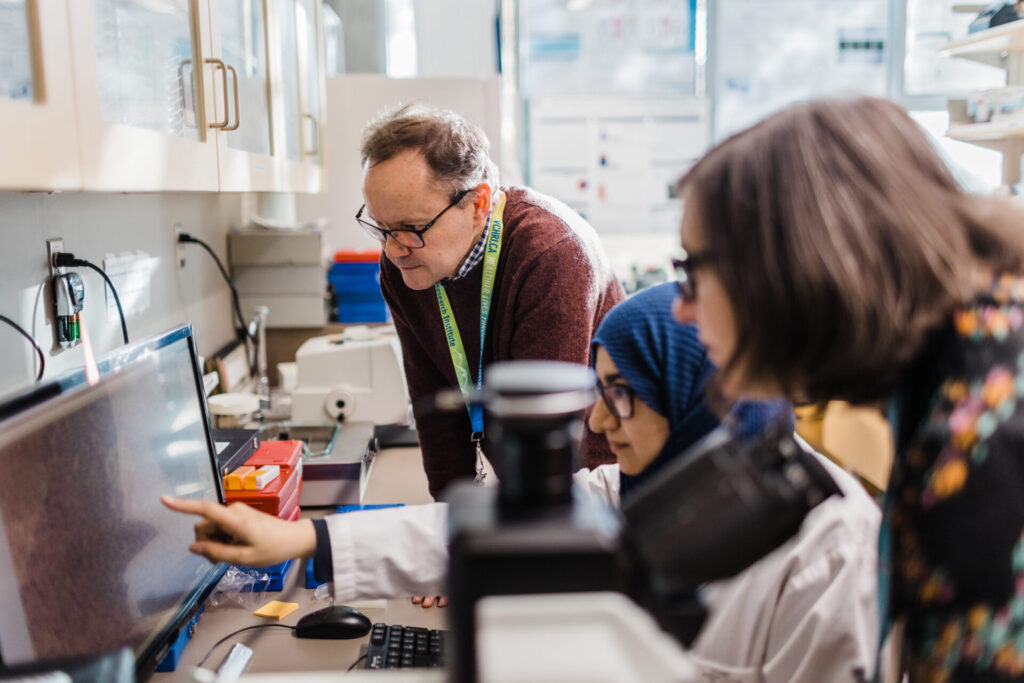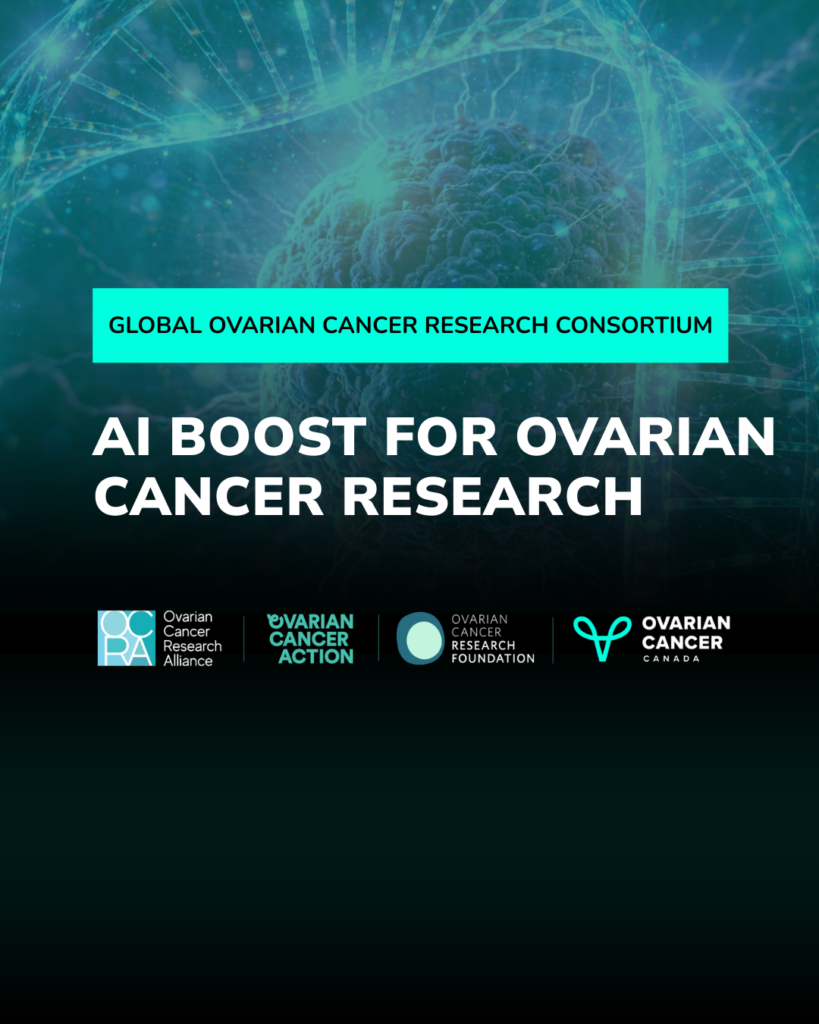
Ovarian Cancer Research Alliance Honors Researchers with 2025 Rosalind Franklin and Schreiber Prizes
Recognizing Advances in Ovarian Cancer Research and Immunotherapy Ovarian Cancer Research Alliance (OCRA) announced today the winners of two prizes recognizing exceptional accomplishments in ovarian cancer research. David Huntsman, MD, FRCPC, FCCMG, was awarded the 2025 Rosalind Franklin Prize for Excellence in Ovarian Cancer Research for his findings that have profoundly impacted the treatment of … Continued






